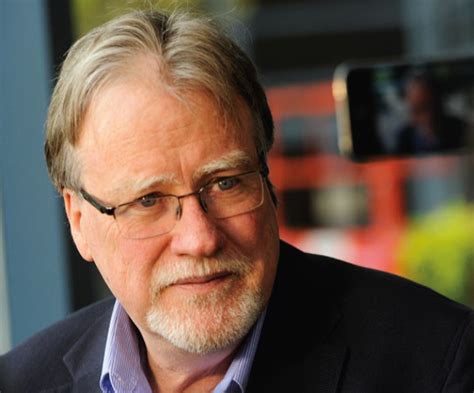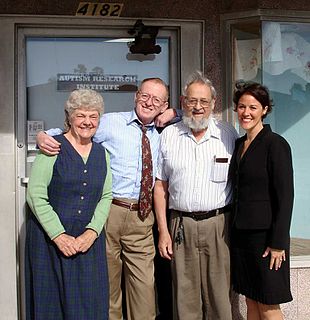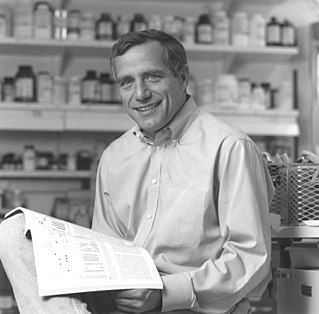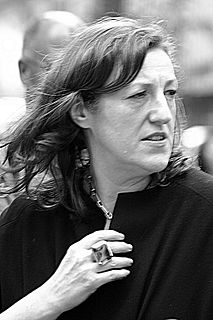A Quote by Simon Baron-Cohen
It is possible that by studying autism we'll learn about the nature of talent. Supposedly there's no connection between scientific talent and autism, but if we look closely, we find a very basic connection.
Related Quotes
I think that if I could do any sort of research of autism that I wanted to do, at this point I would take a sample of classic, early infantile autism persons and compare them with what I call "classic late onset autism", individuals. I think we will find that the cause of those youngsters with autism who have autism from birth is probably different than those who have late onset autism.
I think one of the problems with the definition of autism is we keep expanding it. It started as "early infantile autism", and then it became "autism", and now it's "autism spectrum disorder". I'm not opposed to that from the standpoint of trying to broaden our vistas, and so forth. But from a research point of view, the term autism is lost in specificity.
Autism isn't something a person has, or a shell that a person is trapped inside. There's no normal child hidden behind the autism. Autism is a way of being. It is pervasive; it colors every experience, every sensation, perception, thought, emotion and encounter - every aspect of existence. It is not possible to separate the autism from the person – and if it were possible, the person you'd have left would not be the same person you started with.
If you Google some sites about the link between vaccines and autism, you can very quickly find that Google is repeating back to you your view about whether that link exists and not what scientists know, which is that there isn't a link between vaccines and autism. It's a feedback loop that's invisible.
What do we know about autism in 2013? Autism symptoms generally emerge before age three and usually much earlier, often as language delays or lack of social engagement. Recent research suggests that autism can be detected during the first year of life, even before classic symptoms emerge. Indeed, the symptoms may be a late stage of autism.
They claim that autism naturally occurs at about 18 months, when the MMR is routinely given, so the association is merely coincidental and not causal. But the onset of autism at 18 months is a recent development. Autism starting at 18 months rose very sharply in the mid-1980s, when the MMR vaccine came into wide use. A coincidence? Hardly!

































